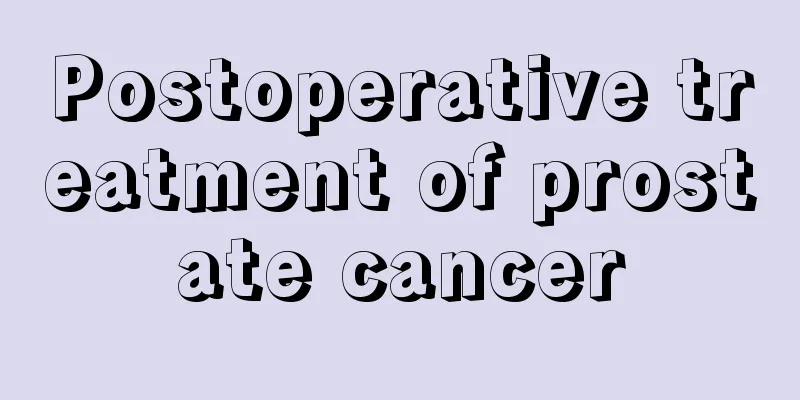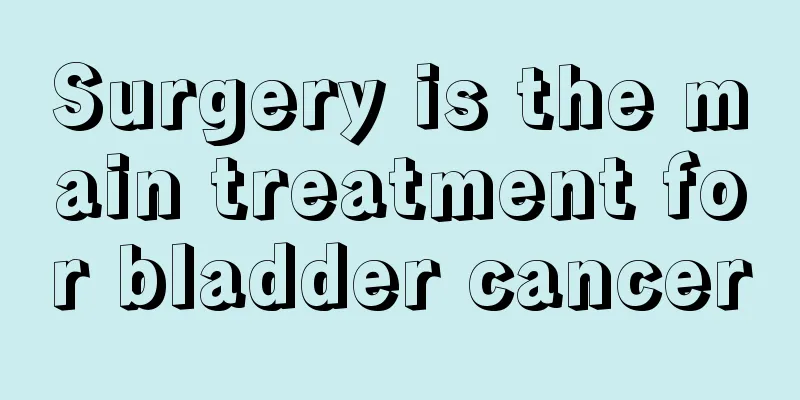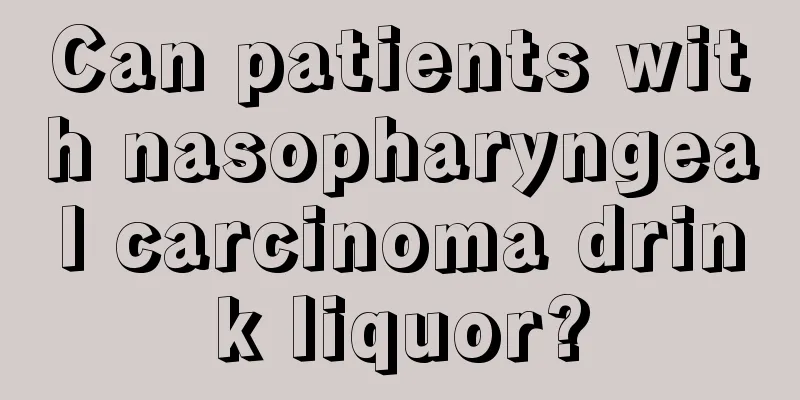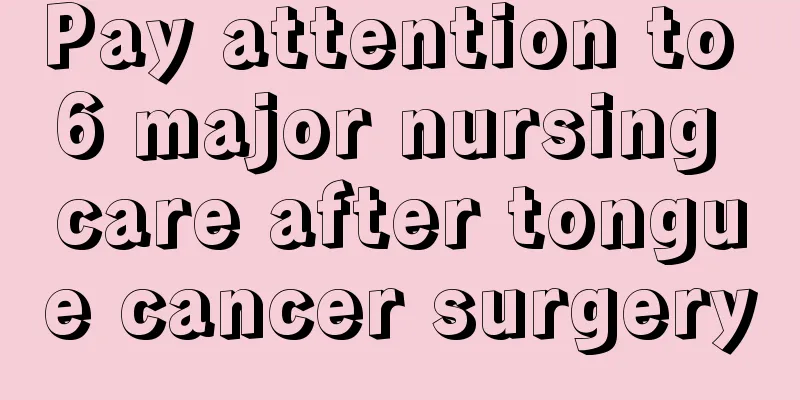Postoperative treatment of prostate cancer

|
For patients with early-stage prostate cancer, the best treatment option is radical prostatectomy. However, many patients are found in postoperative pathological examinations that the tumor is no longer confined to the prostate (breaking through the prostate capsule). Some tumors have even invaded the seminal vesicles and bladder neck, or cancer cells have appeared at the cutting edge of the surgical resection specimen. These patients need adjuvant therapy. The so-called adjuvant therapy refers to a certain form of treatment after surgery when radical prostatectomy fails to eliminate the tumor in the body as expected, so as to further eliminate the residual tumor cells in the body, thereby improving the effect of surgery. Similar to the hormone neoadjuvant therapy before radical prostatectomy, postoperative adjuvant therapy often also chooses hormone therapy. When the above-mentioned unfavorable pathological characteristics appear, it often indicates that there are residual tumors in the body, and prostate cancer is a tumor that is highly dependent on androgens. If hormone therapy can be performed after surgery to block the nutritional effect of androgens on cancer cells, it is expected to achieve the effect of "mending the fold after the sheep have been lost." Which patients are suitable for postoperative hormone therapy? Studies have confirmed that postoperative pathology indicates that T3 tumors are the best indication for adjuvant therapy. In addition, some patients with T2 stage but pathologically confirmed lymph node metastasis are also indications for postoperative adjuvant therapy. Adjuvant therapy is to use drugs to increase the testosterone level in the patient's body to castration levels. In a broad sense, as long as a certain treatment is used after surgery to further eliminate cancer cells that may remain in the body, this treatment can be called adjuvant therapy after radical prostatectomy. From this perspective, chemotherapy can also be considered adjuvant therapy if radiotherapy is performed after surgery. Chemotherapy is not widely used at present due to its many adverse reactions. However, according to the latest data on prostate cancer chemotherapy, chemotherapy has made breakthrough progress in the treatment of advanced prostate cancer. Therefore, selective adjuvant chemotherapy for some patients after surgery may become a research focus of urology. |
<<: How to choose the treatment method for prostate cancer?
>>: Which virus may cause prostate cancer?
Recommend
Are there any side effects of canthus opening? Matters to be considered before surgery to prevent future troubles
Canthoplasty is a common minor eye plastic surger...
What is the reason for hollow nails? It turns out that these three situations are the cause
Nail pain is a common condition for many people, ...
Pancreatic cancer, cancer caused by eating
Pancreatic cancer is one of the top ten most comm...
What is baking soda
For many people, baking soda may not be known to ...
How to tell if you have cervical cancer
You can determine whether you have cervical cance...
Colon cancer is usually associated with a history of colon polyps
Intestinal cancer is usually associated with a hi...
When is the best time to burn moxa?
Fumigation and moxibustion is a treatment method ...
How effective is white vinegar in relieving itching
Urticaria is a skin disease. Most patients will e...
Minimally invasive surgery for esophageal leiomyoma
Esophageal leiomyoma is a very common disease in ...
What happens if you eat too much chicken essence
Speaking of seasonings such as chicken essence, I...
Can I get pregnant before bladder cancer surgery
Can I get pregnant before bladder cancer surgery?...
The efficacy of Panax notoginseng powder and honey as facial mask
In life, people pay more and more attention to ma...
The dangers of exercising right after eating
Eating is one of the absolutely indispensable dai...
What should patients with esophageal cancer pay attention to in their diet?
In recent years, esophageal cancer has become a m...
Being lazy at this time can lead to four serious illnesses
1. Bladder cancer caused by not being able to go ...









